The idea that friendship is a human invention is one of our more flattering delusions. But nature doesn’t care about our ego. All over the animal kingdom, wild creatures are forging lifelong bonds—emotional alliances built not just for survival, but for connection. From dolphins who choose their own ride-or-dies to birds who refuse to migrate without their besties, friendship isn’t just real in the wild—it’s essential.
These aren’t just practical pairings. They’re intimate, resilient, and often shockingly affectionate. Animals don’t need dinner parties, texts, or shared trauma to connect. Sometimes, all it takes is a spark, and they’re bonded for life.
1. Dolphins Form Clique-Like Friendships
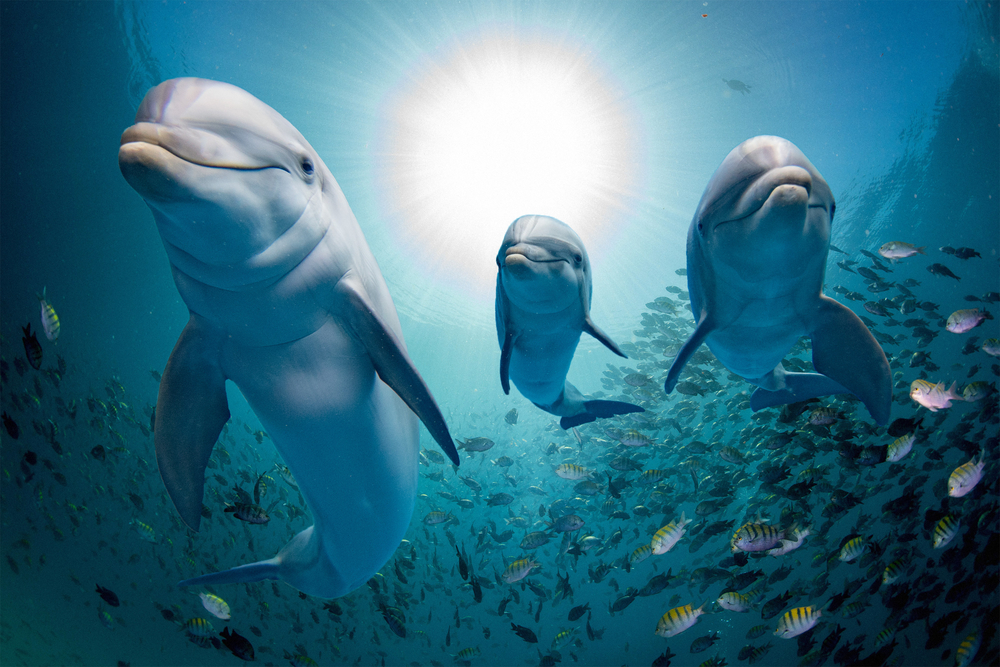
Dolphins are the socialites of the sea, and their friendships go beyond casual groupings. According to Scientific American, they form tightly bonded alliances with a few select peers—relationships that can last decades. These aren’t just alliances of convenience; they choose each other, seek one another out, and often travel, hunt, and sleep together in coordinated harmony. Even within a large pod, dolphins stick to their crew.
These friendships are full of personality. Some dolphins will whistle exclusively for their BFF, responding to their signature call like a custom ringtone. They show signs of stress when separated and excitement when reunited. And unlike many other mammals, they form male-male friendships that aren’t just about dominance—they’re about loyalty. They’re less pod mates, more chosen family.
2. Elephants Keep Lifelong Female Friendships
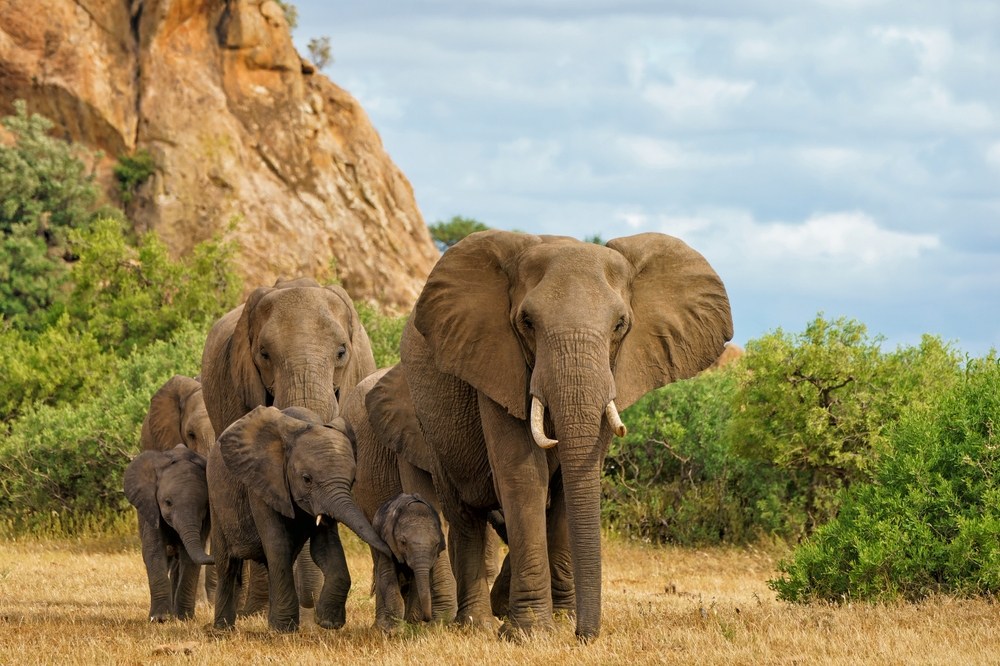
Elephants don’t just remember— they cherish. Female elephants often form tightly bonded groups that stay together for life, raising calves and defending territory as a collective. According to National Geographic, these friendships are emotionally complex, with elephants greeting each other with loud trumpets, trunk touches, and full-body excitement after being apart. It’s a reunion ritual filled with joy and memory.
Their best friends are not interchangeable. Studies show elephants have preferences—they spend more time with certain individuals, coordinate movement with them, and show more cooperative behavior. When one dies, the survivor may mourn and isolate. It’s not just herd instinct; it’s deep-rooted emotional intimacy. Think sisterhood, but thicker-skinned.
3. Baboons Build Tight, Groom-Fueled Bonds
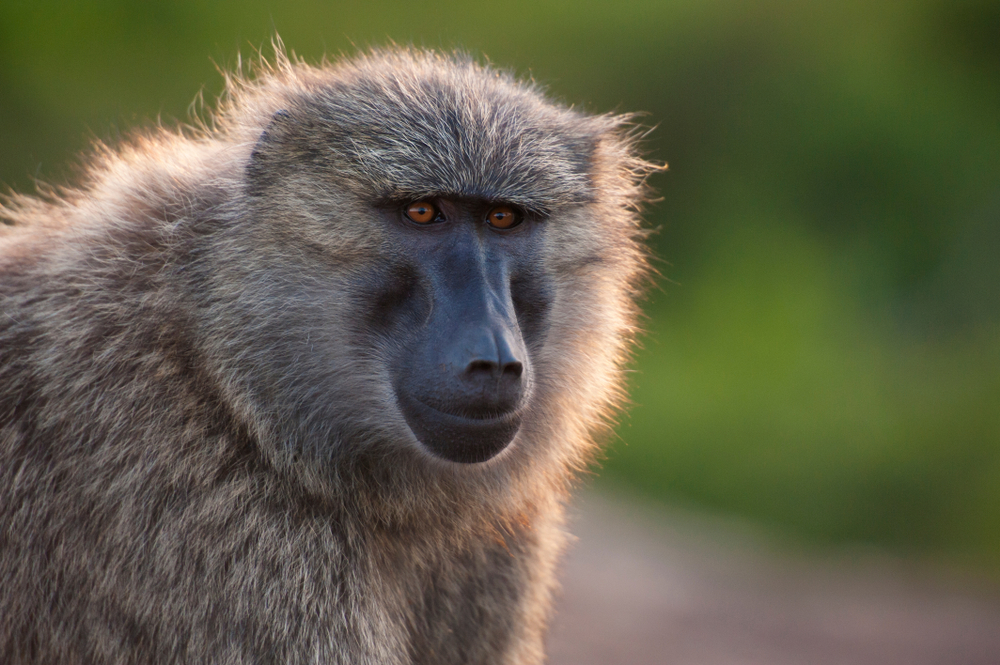
For baboons, friendship is currency, and the best ones are lifelong. They spend hours grooming their favorite companions, which not only strengthens social ties but also reduces stress and promotes long-term loyalty. According to Live Science, baboons with stronger social bonds actually live longer, healthier lives. It’s not about the number of friends—it’s about the depth of the connection.
Male baboons often form these tight friendships with females, even when no mating is involved. These bonds involve support during conflicts, cooperative parenting, and plenty of close contact. And when one baboon dies, the surviving friend sometimes becomes visibly distressed, even depressed. Their version of friendship is sticky, nuanced, and deeply felt.
4. Vampire Bats Share Blood With Their Inner Circle
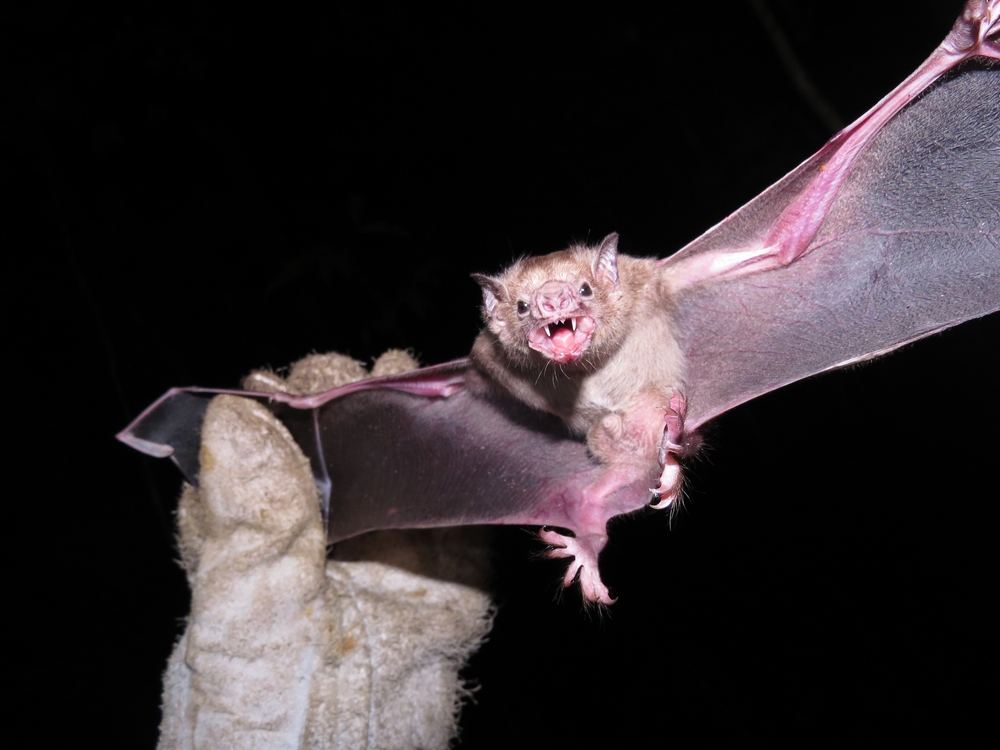
It doesn’t get more intimate than sharing food regurgitated from your own body—and vampire bats do it with their best friends. In the wild, bats that fail to feed on a given night risk starvation. But those with strong social ties often receive regurgitated blood meals from trusted friends, even without immediate reciprocation. According to One Earth, this generosity stems from a kind of friendship contract.
These bonds aren’t just transactional. Bats groom each other for hours, hang out in preferred pairs, and consistently choose to share with their closest companions. Over time, they build trust, and eventually, that trust means survival. It’s friendship with teeth—and a twisted kind of sweetness.
5. Wolves Form Sibling-Like Bonds Within Packs
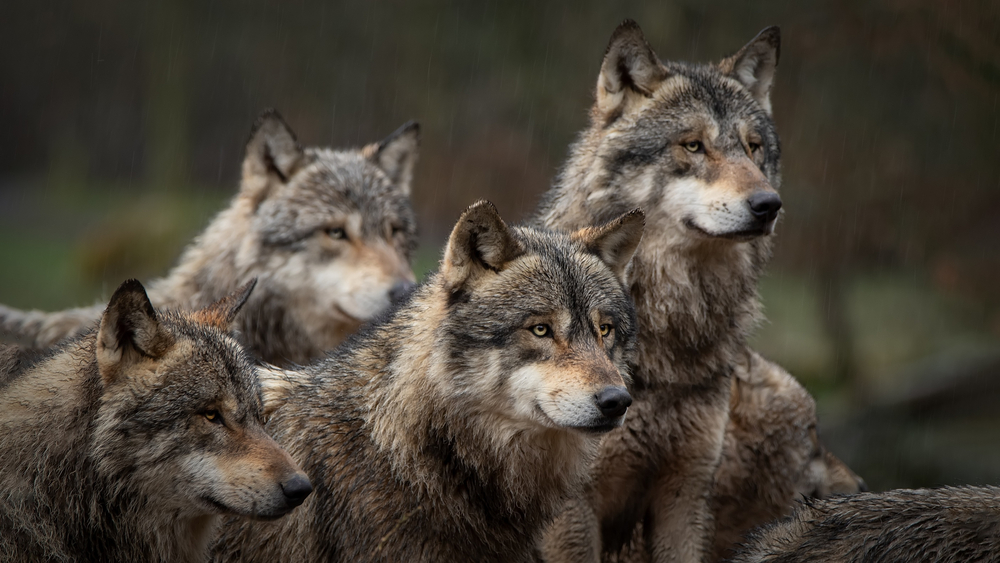
Wolves operate in packs, but within that hierarchy are unmistakable ride-or-die friendships. Siblings and unrelated wolves often form special bonds, choosing to hunt, sleep, and patrol together consistently. These relationships are key to a pack’s survival—and to individual mental health. Wolves without strong social bonds are more likely to leave the pack or show signs of stress.
The emotional attachment is obvious in their interactions. They greet each other enthusiastically after time apart, play frequently, and even console each other after conflicts. There’s a mutual dependency that looks a lot like chosen family. And when a bonded companion dies or disappears, wolves mourn with howls that echo with unmistakable pain.
6. Horses Choose Specific Companions

Despite their herd mentality, horses have preferences—and once a bond forms, it can last for life. Equine best friends eat, rest, and groom each other, standing head-to-tail to swat away flies in synchronized rhythm. These partnerships reduce stress and make horses feel safer in unfamiliar environments. According to equine behaviorists, horses that lose a bonded companion often show signs of anxiety and withdrawal.
They don’t just tolerate each other—they seek each other out. Even when new horses are introduced to the group, bonded pairs tend to stick together. They neigh for each other when separated and become visibly agitated if kept apart too long. In a field full of options, they still choose each other.
7. Ravens Remember And Prefer Their Favorite Friends
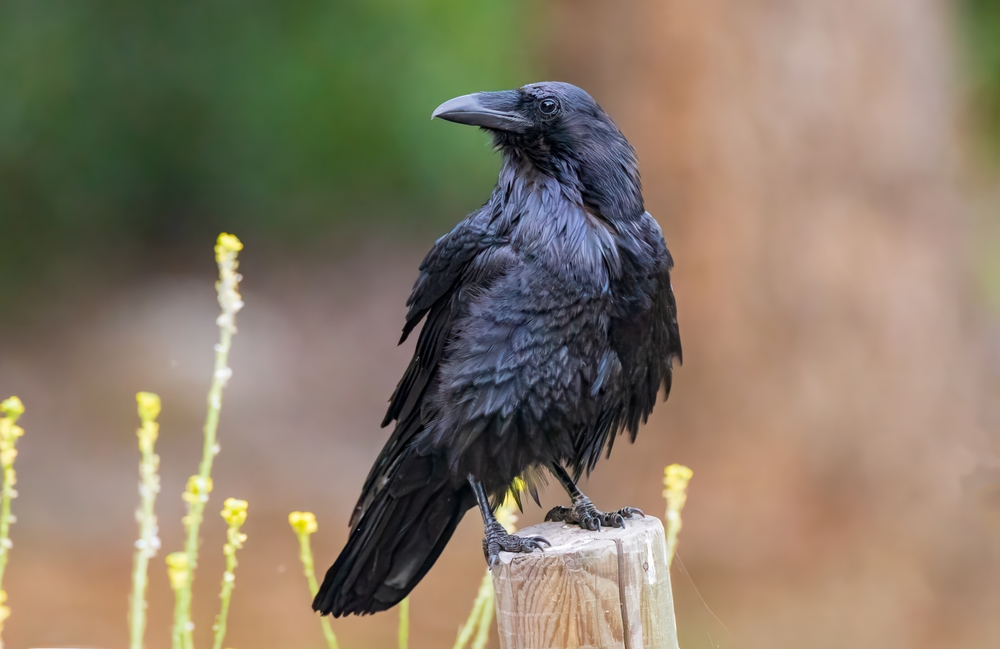
Ravens have sharp minds and sharper memories, and they use both to form and maintain deep friendships. In captivity and in the wild, they’ve been seen forming preferred partnerships that last for years, even after long separations. These pairs groom each other, play games, and even gang up on bullies. It’s all deeply strategic—but also deeply affectionate.
What’s wild is how emotional these bonds are. Ravens have been known to sulk or scream when their closest friend is taken away. When reunited, they display ecstatic behavior—nuzzling, croaking, even gifting shiny objects. Their friendships are cerebral and emotional, making them some of the most complicated BFFs in the wild.
8. Prairie Voles Are Loyal To The Core

Prairie voles are one of the few monogamous mammals—and their loyalty is intense. Once they’ve bonded with a mate, they stick together for life, building nests, raising babies, and huddling close through every season. But their idea of bonding isn’t just romantic—voles also form close same-sex friendships that remain steady over time.
Their oxytocin-rich brains light up when they’re around their bonded companions, whether mate or friend. They show clear signs of stress when separated and actively choose to be near their favorites in lab experiments. It’s not just about breeding—it’s about connection. In vole world, you find your person, and you stick with them.
9. Parrots Are Choosy And Devoted
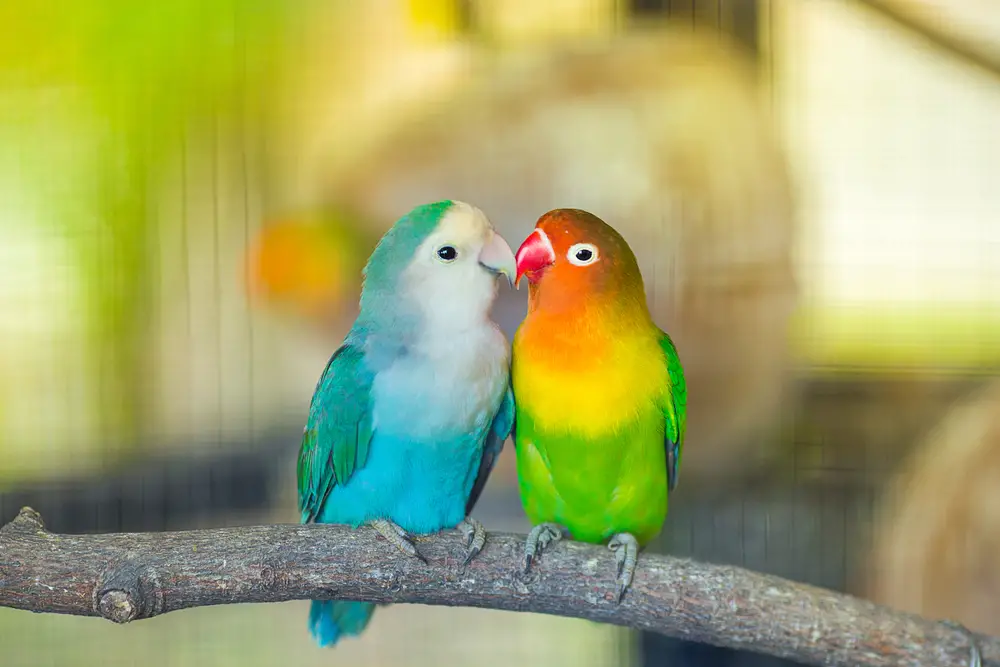
In parrot flocks, there’s always drama—but also a few inseparable pairs. Parrots form strong, often exclusive friendships that involve hours of preening, synchronized calls, and coordinated flying. They even share food and toys with their chosen partner. Once that bond is formed, it’s hard to break.
Even in captivity, bonded parrots will become distressed if separated, sometimes to the point of illness. They call for each other incessantly, act out, or go quiet entirely. Their friendships aren’t casual—they’re emotional commitments. And when one dies, the surviving parrot often grieves for weeks or months.
10. Otters Nap Holding Hands—But Only With Their Besties
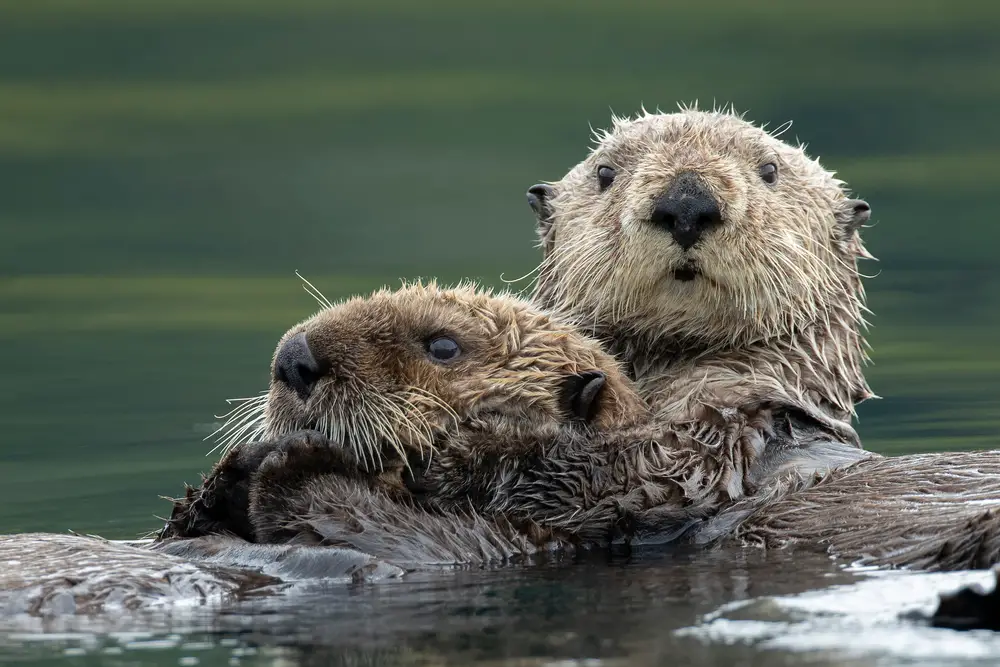
Sea otters are famous for their floating hand-holding, but it’s not just random—it’s reserved for their closest companions. Otters form small social groups within larger rafts, and certain individuals always nap or feed together. These otter cliques hold hands while sleeping so they don’t drift apart—a gesture that’s both adorable and deeply symbolic.
They play, groom, and defend each other in ways that suggest emotional preference, not just proximity. Researchers have noted that separated otters become anxious or agitated, refusing to eat until reunited. Their bonds are soft and sweet, but strong as kelp. Otters don’t just sleep with anyone—they sleep with their soulmates.
11. Macaques Make Time For Their Closest Friends
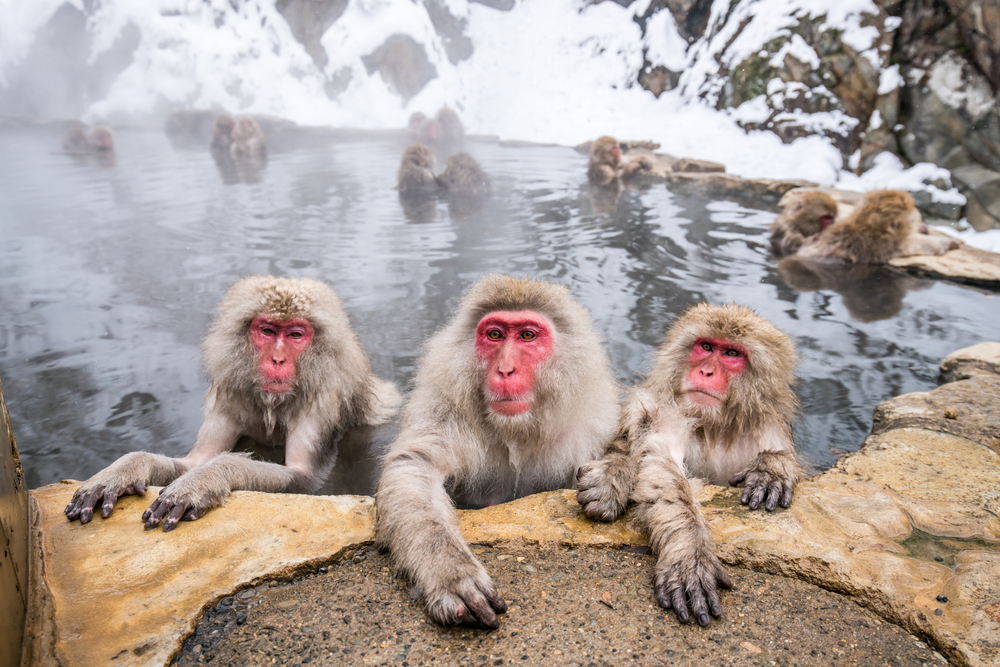
Macaques have large social networks, but only a few real friends. They prioritize grooming time for their besties, even when there are other social obligations. These pairs often share food, defend each other in fights, and spend more time sitting close together. Their friendships are consistent over time—even as group dynamics shift.
And these relationships pay off. Macaques with strong, stable friendships are healthier and have higher reproductive success. They even experience lower stress hormone levels, especially when grooming or resting with their BFFs. It’s emotional support with tangible benefits. Basically, they invented wellness culture before we did.
12. Penguins Court And Cuddle Their Forever Friend
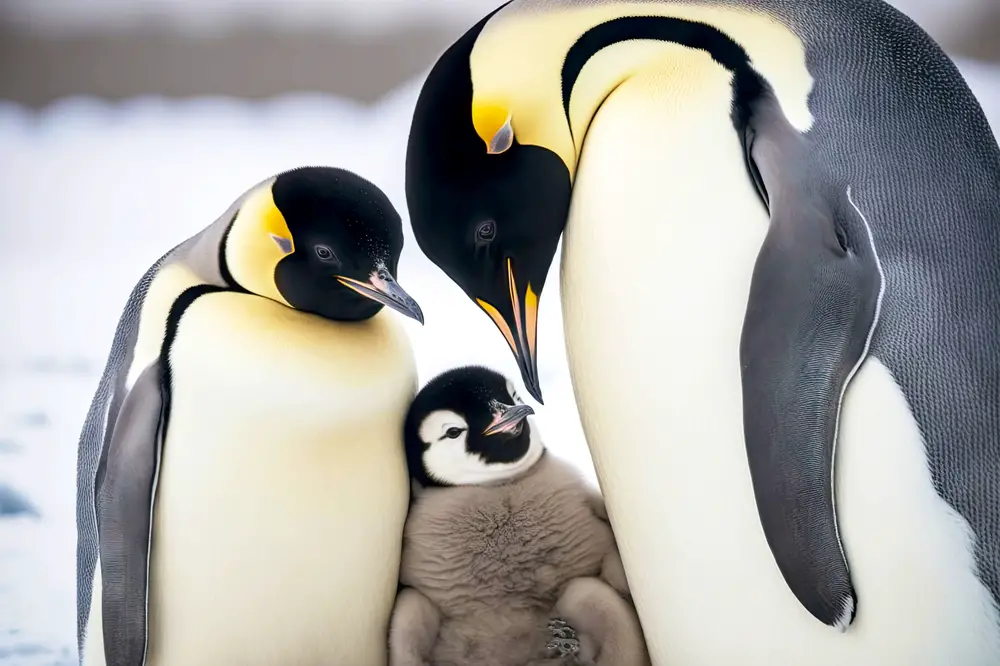
While many penguin species are known for monogamy, their pair bonds go beyond mating—they’re genuine friendships. Mated penguins return to the same partner year after year, preening and vocalizing in what looks like cuddly courtship. They recognize each other by voice alone, even in massive, noisy colonies. It’s dedication that defies chaos.
But penguins also form non-romantic bonds, especially in same-sex pairs that raise chicks or keep each other warm through brutal winters. These relationships are affectionate, loyal, and resilient. When one penguin dies, the survivor sometimes refuses to bond again. They don’t just find a mate—they find their person. And that’s forever.
